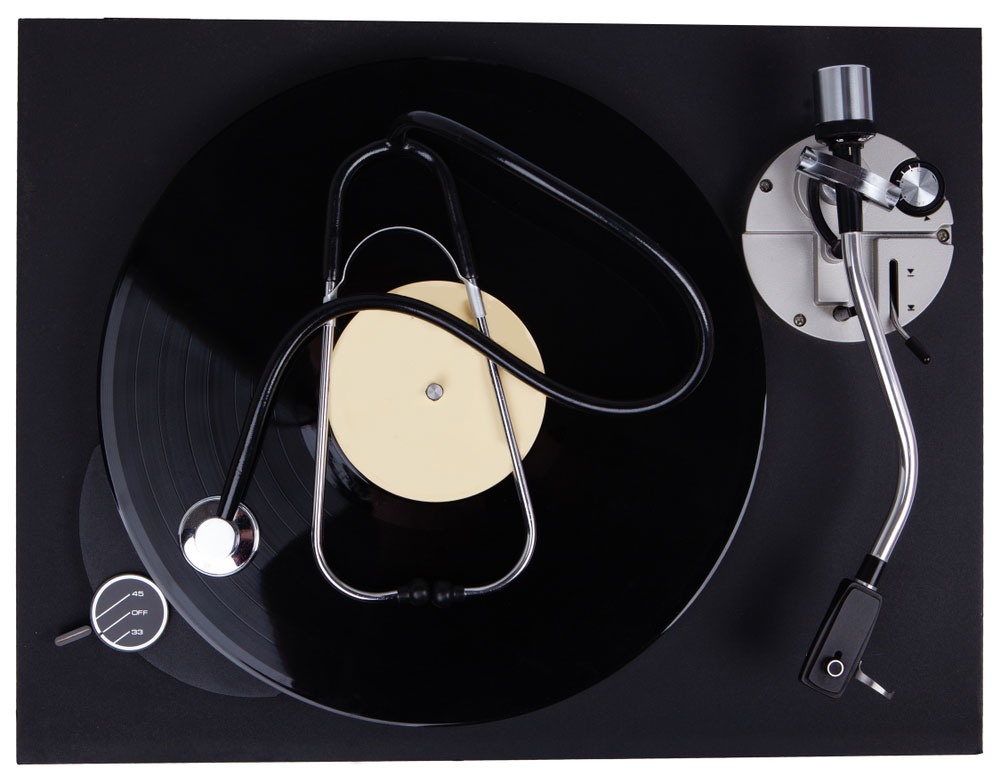For most of us, music is an important part of our daily life. It may help us to get through our daily commute or household chores, while some of us use music to boost our exercise routine.
Certain songs can make us feel energetic, happy, relaxed, or sad. And music has been part of celebrations, military routines, and rituals since ancient times. So, it’s not surprising that music therapy was studied and found to be a powerful solution to managing both physical and emotional health conditions.
When I ask my clients, what music is to them, their most common answers are: “It’s my life.”, “It’s my escape.”, “It’s my stress relief.”, “To me music is love.”, “It’s my inspiration.”. The weight of these answers demonstrates just how important a role music can play in our overall well-being.
Different types of music evoke different subjective types of neurological stimulation. For example, while hard rock may leave you feeling uncomfortable, classical music is likely to make you feel comfortable and relaxed and vice versa.
What is music therapy?
Music therapy is the clinical and evidence-based use of music interventions to address cognitive, emotional, physical, and social needs of individuals in a therapeutic relationship with a credentialed music therapist.
What is it most commonly used for?
Although music therapy is used for many different issues, these are the main ones:
• Stress, anxiety, and depression
• Emotional, mental, and behavioral problems
• Learning support
• Autism
• Memory loss in elderly suffering from Alzheimer’s disease and dementia
• Pain relief, especially related to labor and chronic or terminal illness
• Addiction
You don’t need any particular skills to participate in a music therapy session.
How does it work?
The therapy works on a number of different levels and in a number of different ways. Science shows that music can affect your heart rate and breathing and promotes the release of endorphins, our natural painkillers. It also reduces muscle tension and promotes relaxation. It can help you release negative feelings or painful memories and can help improve your communication skills and physical coordination.
It may be practiced in hospitals, outpatient clinics, nursing homes and daytime facilities for the elderly, rehabilitation centers, schools, community mental health centers, drug and alcohol programs, prisons, and private practices.
After discussing your particular needs, preferences, and wishes, as well as how much certain types of music impact you, your music therapist will design an individual treatment plan.
Based on the assessment, your therapist may encourage you to simply listen to and discuss music, or for to participate more actively through dance, song, playing an instrument, or even composing music.
It is also highly likely that you will be encouraged to integrate music into different aspects of you everyday life, or to listen to certain music after a stressful moment, or to practice playing an instrument.
Finding a music therapist
No professional association for music therapists exists in the MEA region. You can ask trusted family members and friends as well as medical professionals for recommendations.
Ask for credentials and references. Depending on the country of study, music therapists may hold a bachelor’s or master’s degree in music therapy and have completed extended internships in approved health care or special education facilities. Commonly, music therapists are also qualified mental health professionals.
What does it cost?
In the Middle East, you can expect to pay around $80 for private and $40 for group sessions of 1 hour.
Come and experience the wonderful world of music therapy and learn how music can help you live a happier and healthier life.
Stay tuned for my upcoming articles, delving deeper into each major issue that music therapy can address and why it works.
And remember to let your doctor know that you plan to start music therapy to complement any current treatment you’re under.

